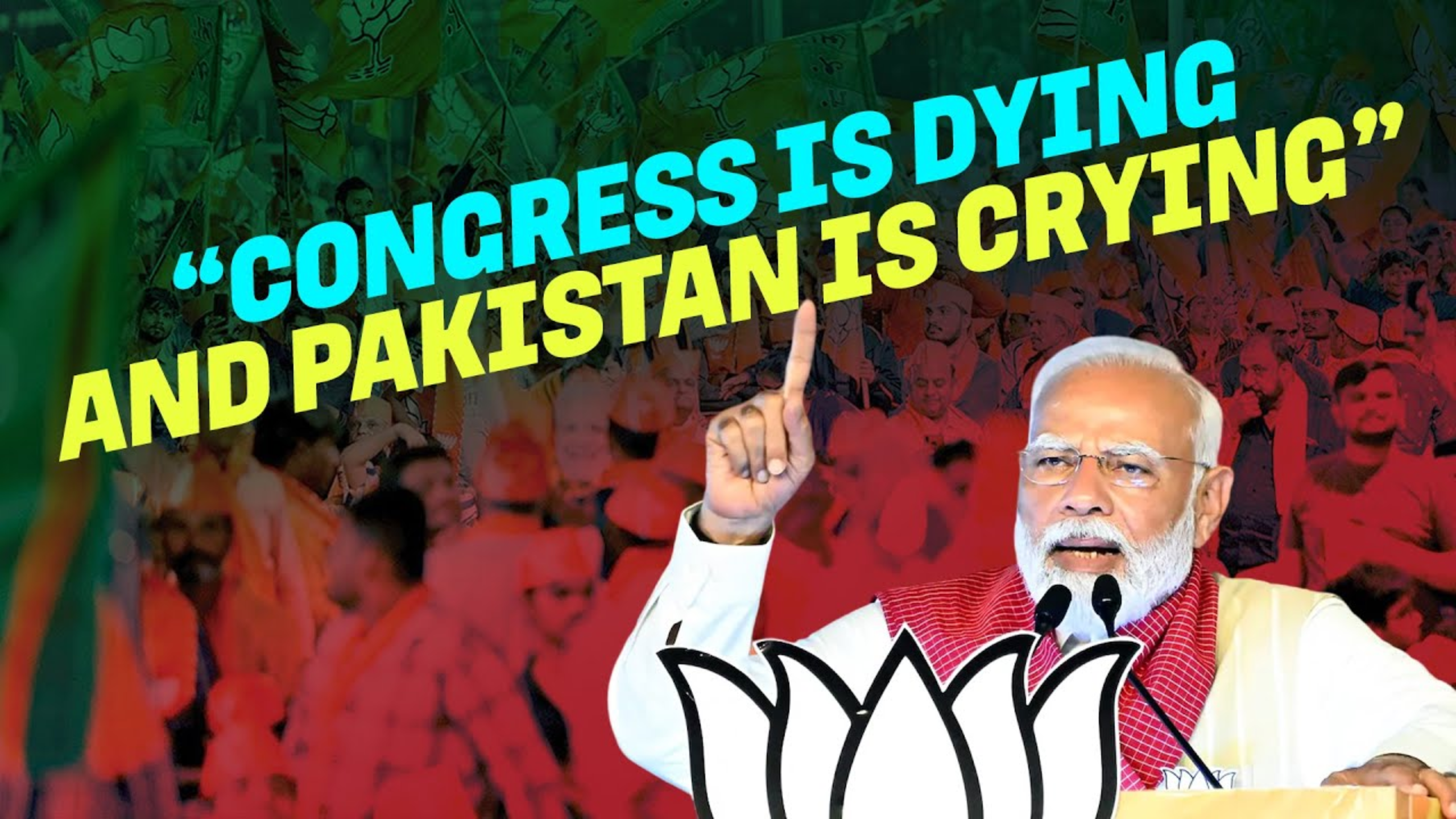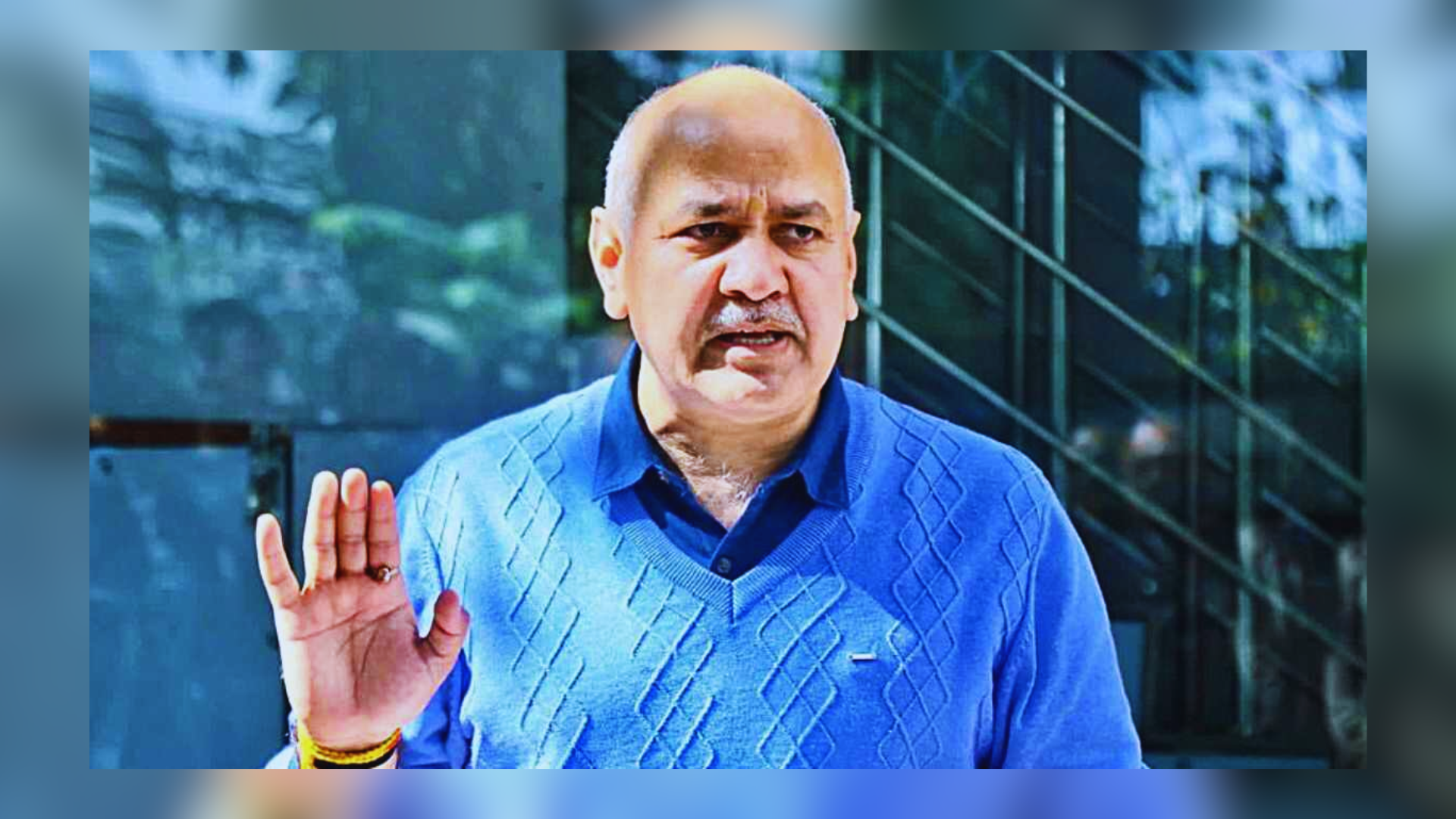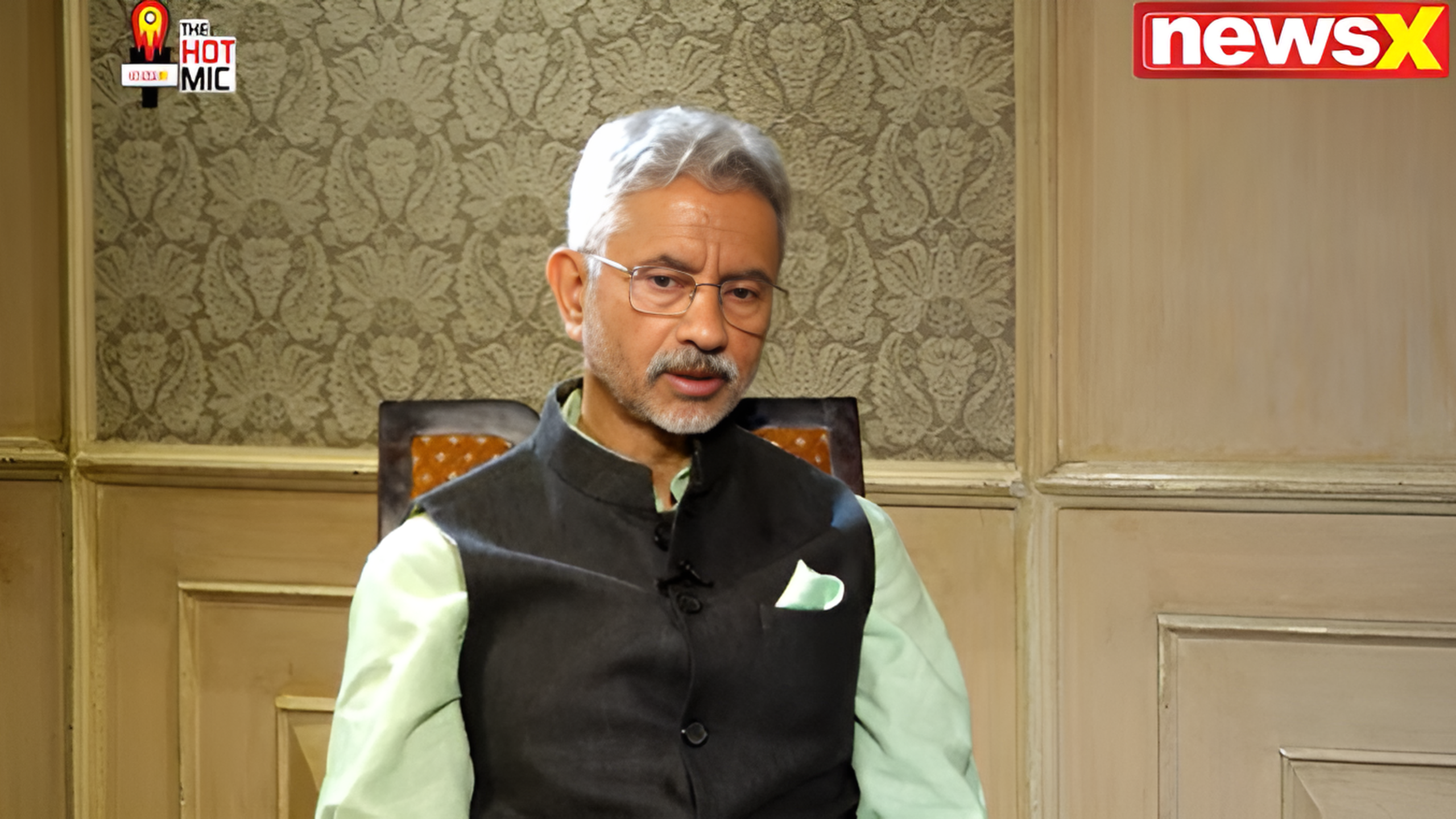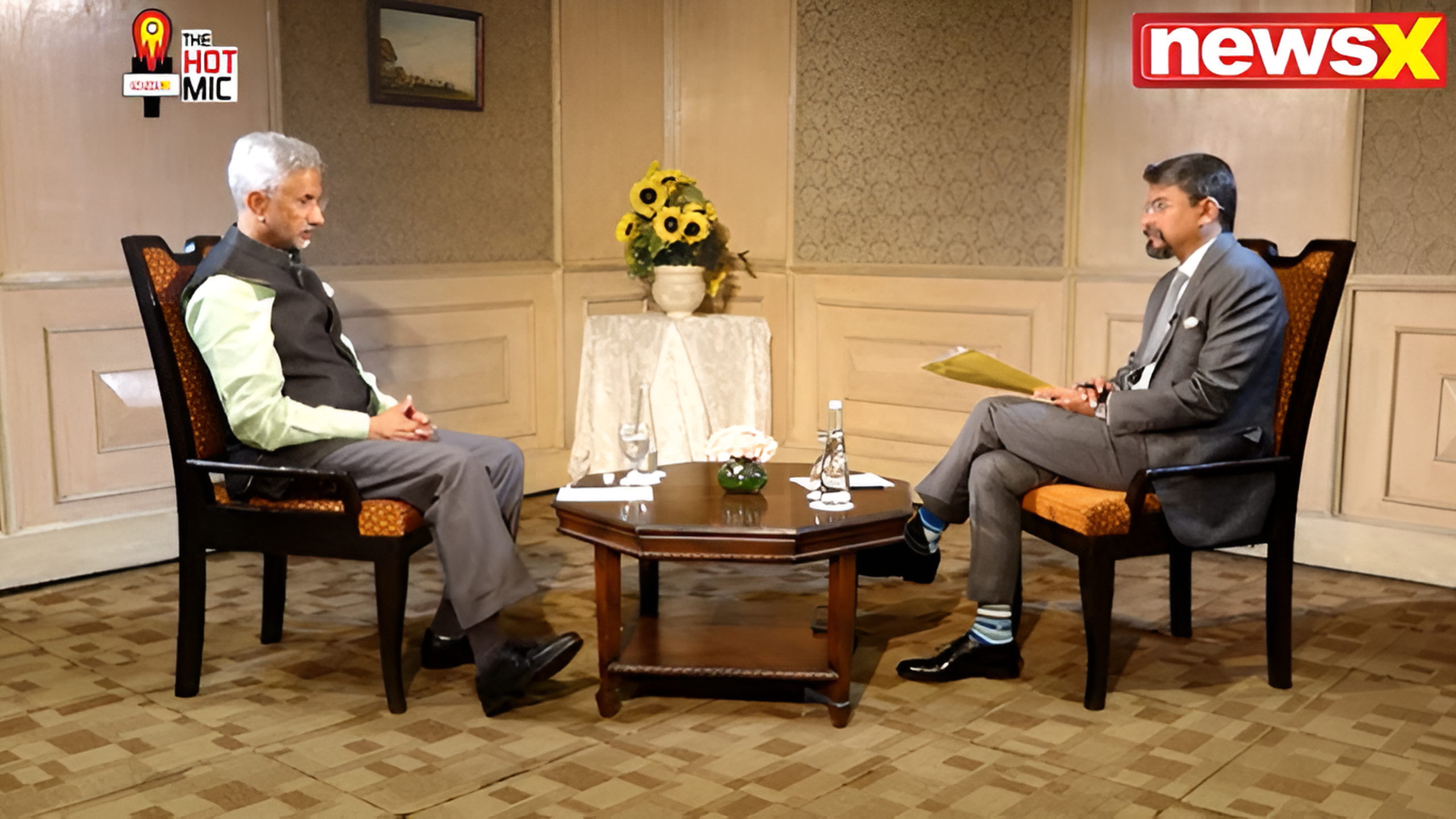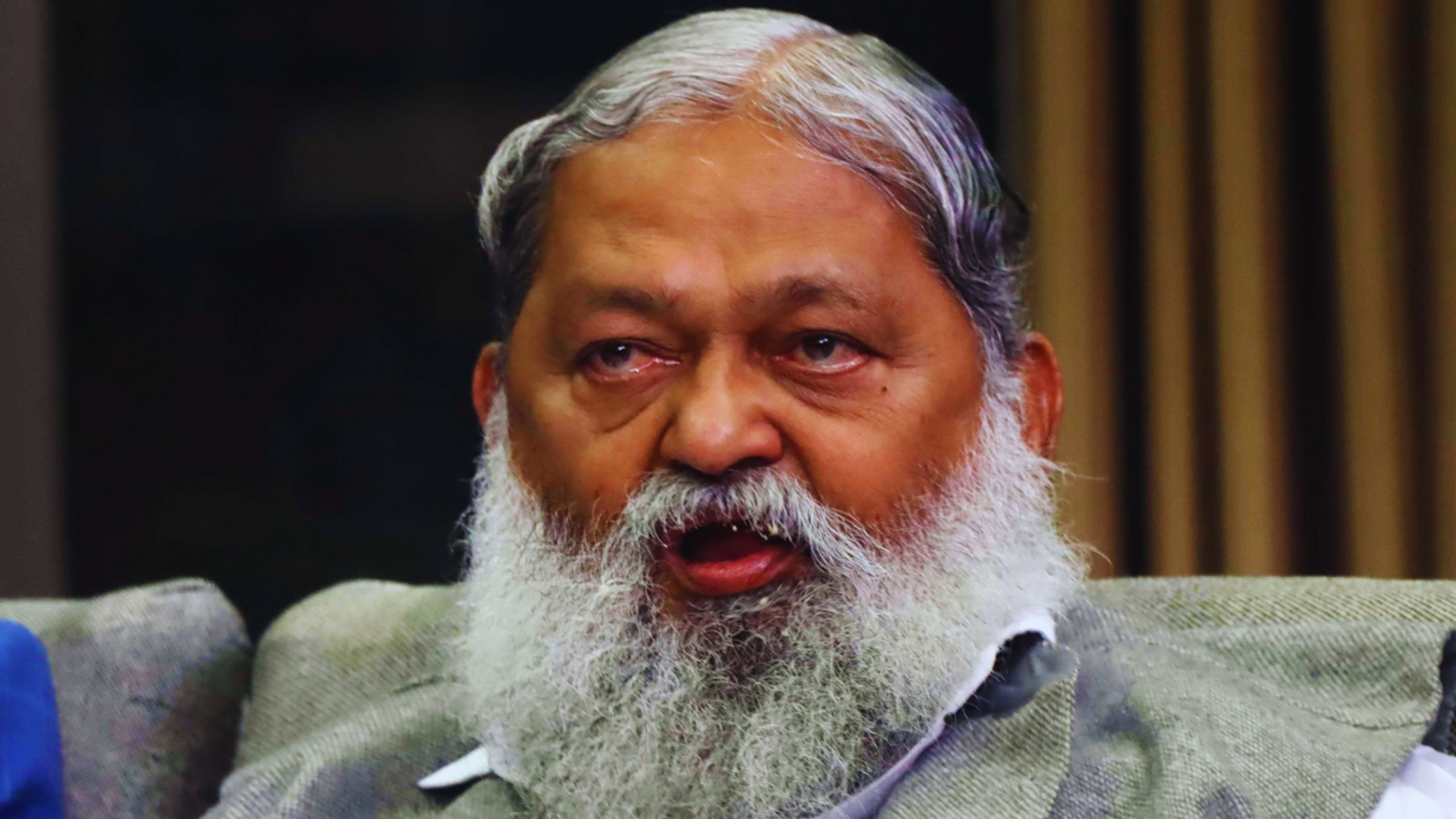


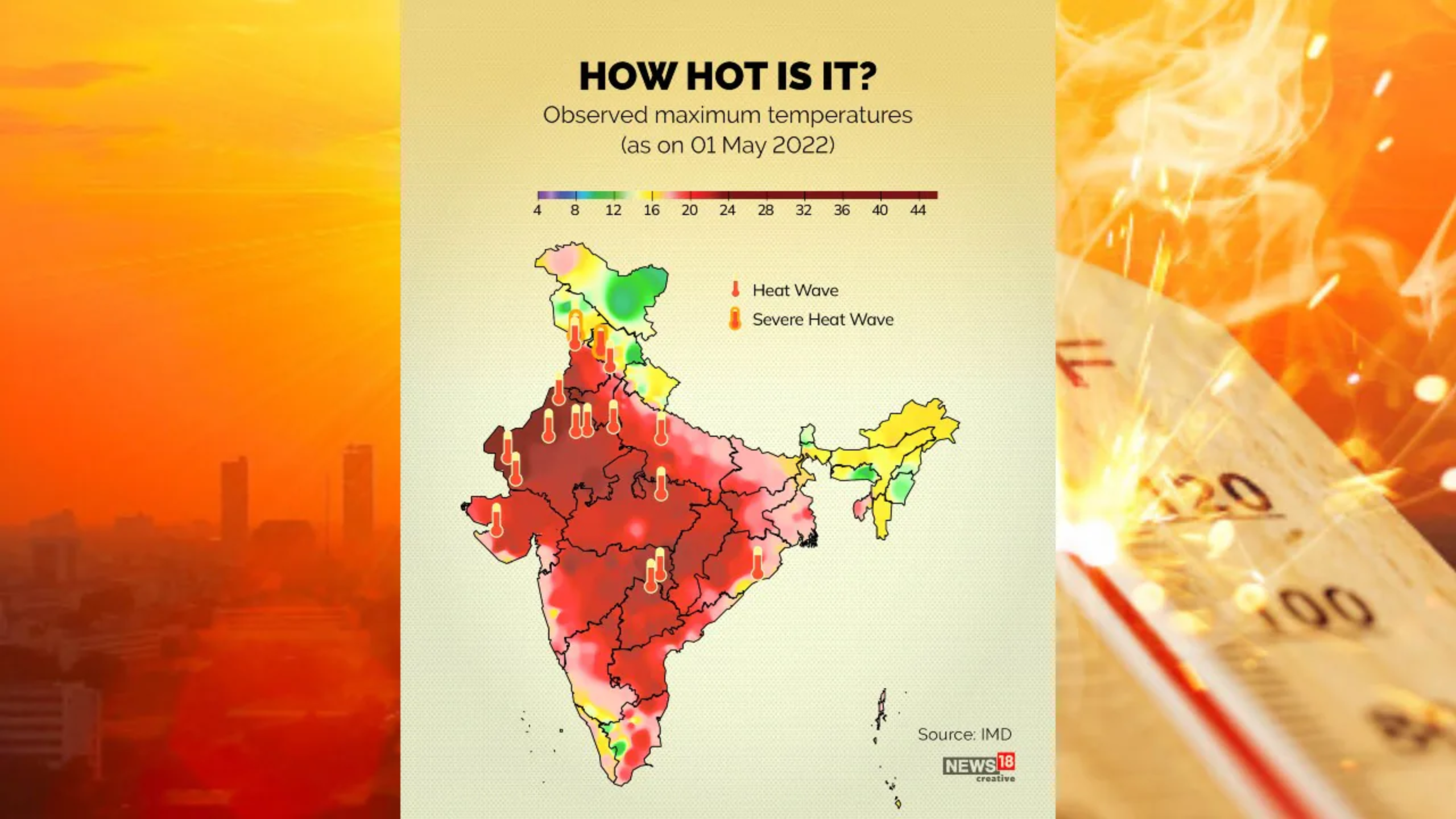
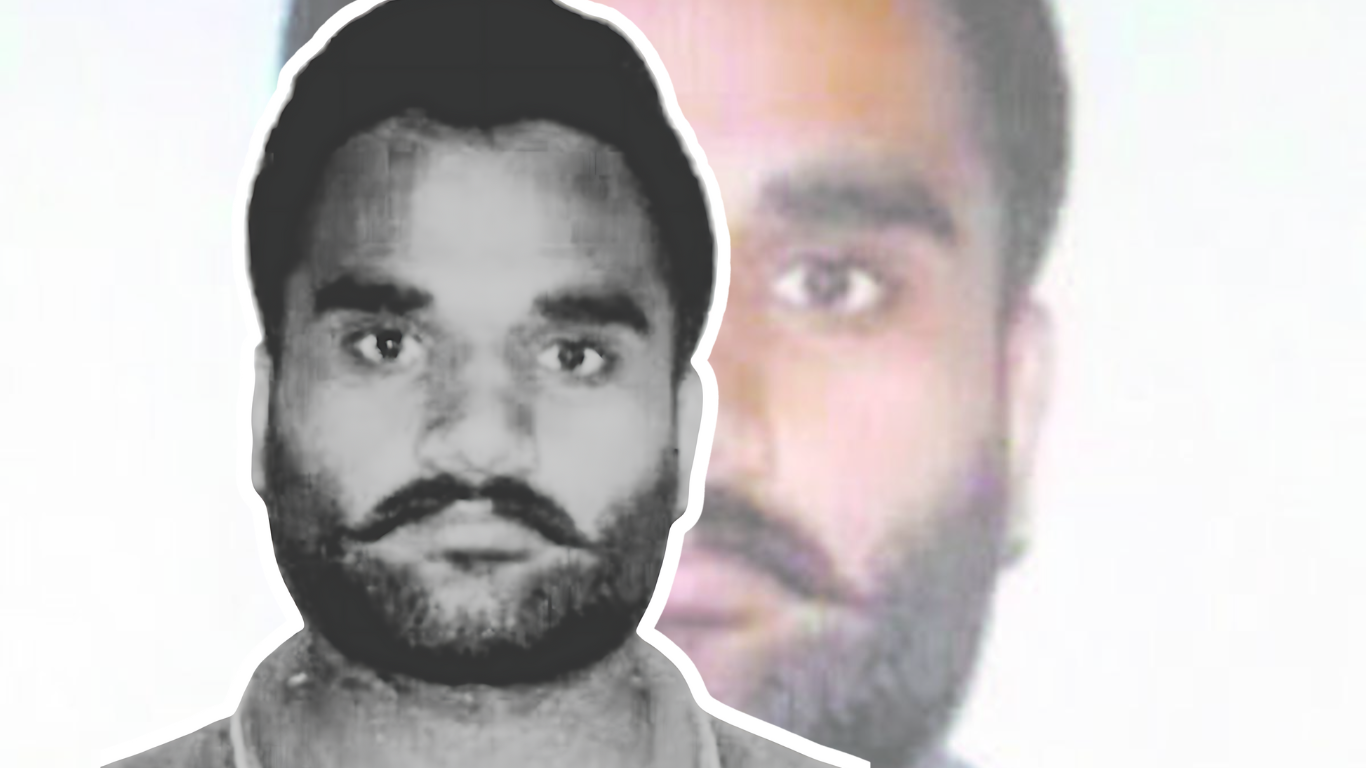
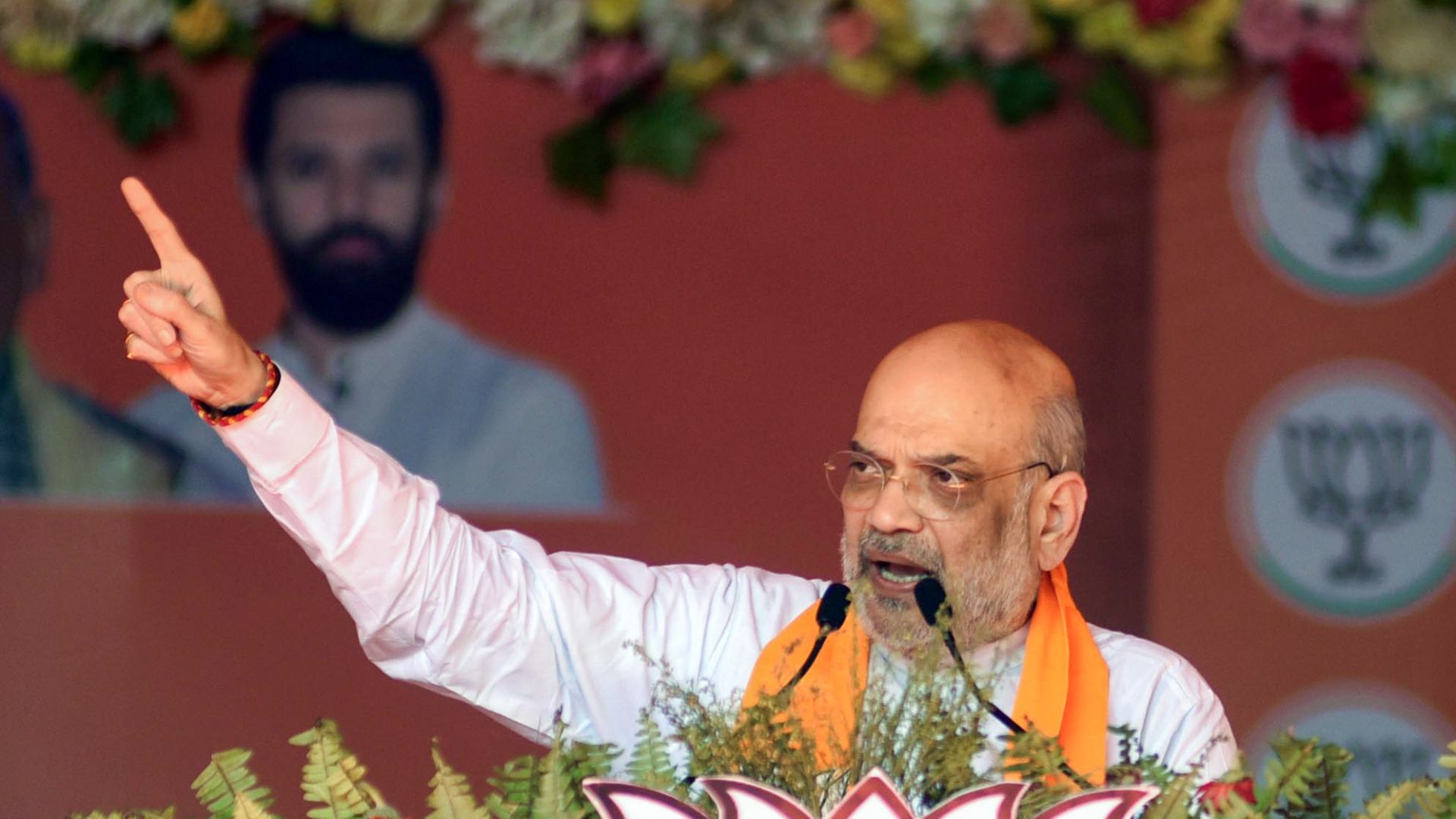
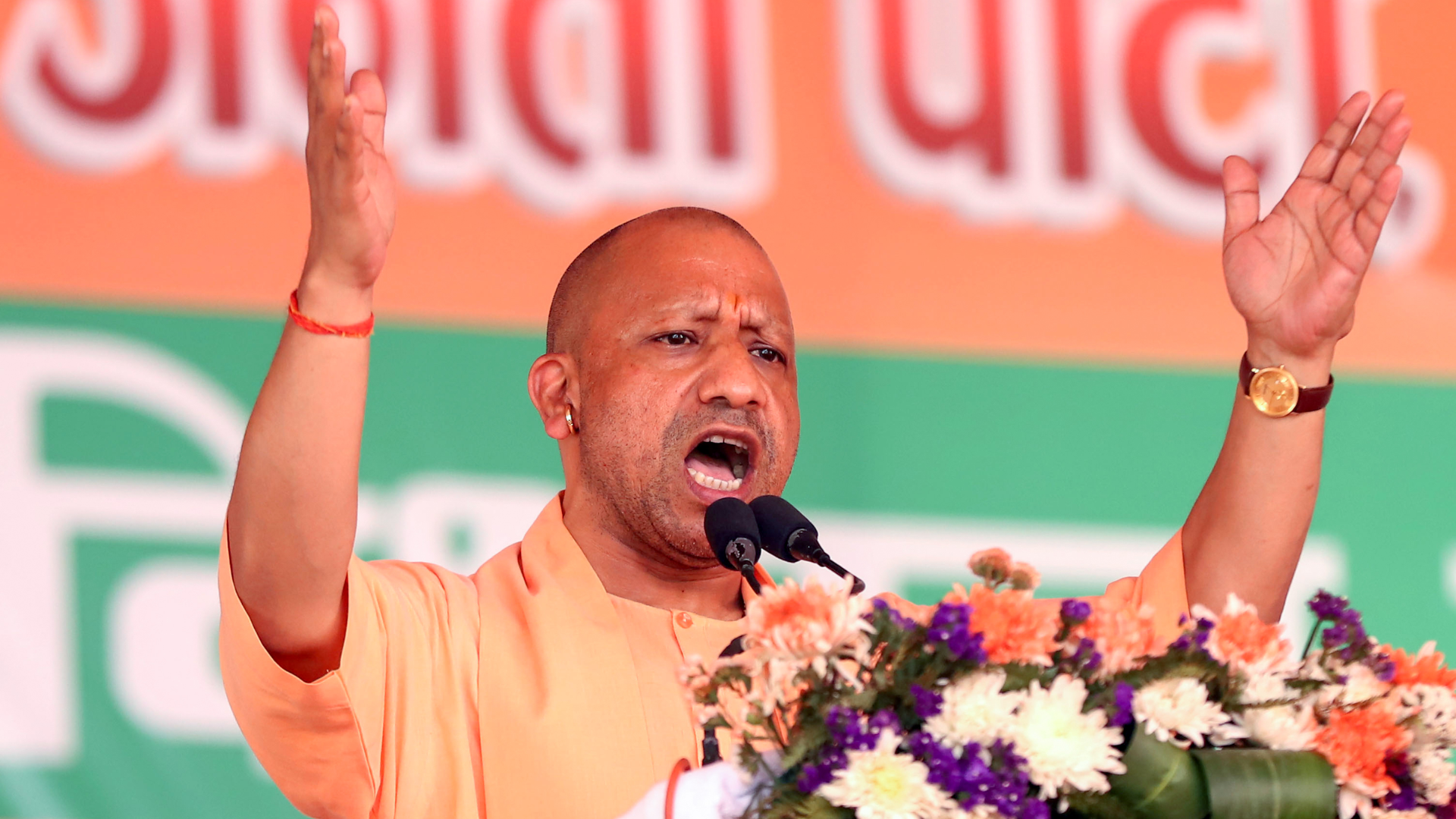



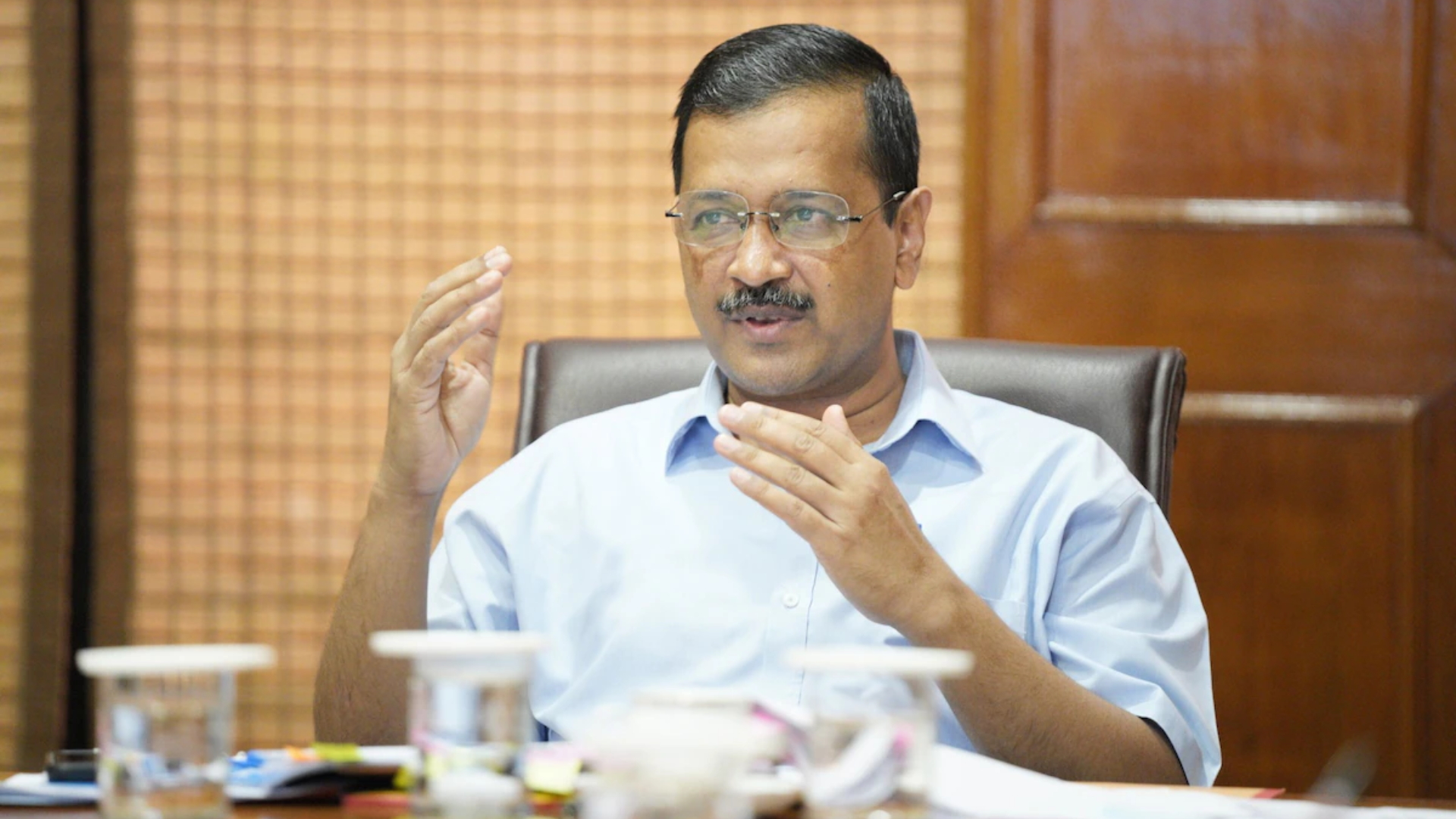
Delhi Chief Minister Arvind Kejriwal has taken legal action to address concerns about his health while in judicial custody, filing a petition in the Rouse Avenue Court to ensure access to insulin. The court is set to hear Kejriwal’s petition at 2 PM today, as confirmed by the Aam Aadmi Party.
In his petition, Kejriwal has requested permission to consult his doctor daily for 15 minutes via video conferencing due to his acute diabetes and fluctuating blood sugar levels. Additionally, he seeks authorization for his wife to join and remain present during these video conferences, according to Live Law’s report.
Kejriwal emphasized the critical nature of his diabetes, highlighting the alarming fluctuations in his blood sugar levels since his judicial custody began. These fluctuations pose a significant health risk to him, underscoring the urgency of his petition.
Shri VK Saxena @LtGovDelhi has expressed grave concern over reports based on statements by Ministers & AAP leaders alleging non provision of insulin to Hon’ble CM Shri Arvind Kejriwal who is in jail & purported “conspiracies” against him.
— Raj Niwas Delhi 🇮🇳 (@RajNiwasDelhi) April 18, 2024
The development follows a series of allegations made by the Aam Aadmi Party regarding Kejriwal’s health and treatment in Tihar jail. The Delhi Lieutenant Governor, VK Saxena, has taken note of these allegations and directed the Director General of Prisons to submit a factual report within 24 hours.
Expressing grave concern over the allegations, the Raj Niwas clarified that despite prisons being under the jurisdiction of the AAP government, the Lieutenant Governor has ensured that no laxity concerning the Chief Minister’s health will be tolerated.
Shri Saxena has asked DG Prisons to submit a factual and comprehensive report in the matter within 24 hrs.
Although Prisons as a transferred subject comes directly & totally under the AAP Govt, LG has assured that no laxity with regards to CM’s health will be tolerated.
— Raj Niwas Delhi 🇮🇳 (@RajNiwasDelhi) April 18, 2024
At a press conference, Delhi cabinet minister Atishi reiterated the concerns regarding Kejriwal’s health, alleging that his requests for insulin have been denied by Tihar jail authorities. She further claimed that attempts to arrange a video conference with his doctor have faced opposition from both the Enforcement Directorate and prison officials.
#WATCH | Delhi: Ramesh Gupta, the lawyer for Delhi CM Arvind Kejriwal in the liquor policy case, says, “We have moved a petition requesting the Court to allow Mr Kejriwal to consult his doctor who has been treating him for the last many years. But that request was opposed by the… pic.twitter.com/FDc50cS04t
— ANI (@ANI) April 19, 2024
According to Atishi, Kejriwal’s blood sugar levels have consistently remained above 300 mg/dL, raising serious concerns about his health. She alleged a deliberate attempt to deny him medication, pointing to a perceived plot to harm the Chief Minister.
“Atishi also held a press conference today to question the authorities about why Arvind Kejriwal’s health is being taken into consideration and why the Enforcement Directorate (ED) is involving itself in his health matters, when the ED’s role is to investigate money laundering cases.”
Addressing an Important Press Conference | LIVE https://t.co/DmviskHlGm
— Atishi (@AtishiAAP) April 19, 2024
As the legal proceedings unfold and concerns surrounding Kejriwal’s health persist, the case highlights the intersection of political controversies and healthcare access, prompting heightened scrutiny and demands for transparency in the treatment of incarcerated individuals.

